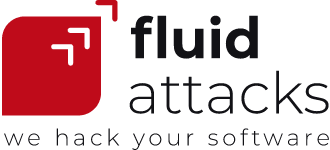| 4 min read
Here we are in a third post with Tribe of Hackers Red Team by Marcus J. Carey and Jennifer Jin (2019) as reference. On previous occasions, we had appreciated opinions and received advice from two men, red teaming experts: (1.0) Marcus Carey and (2.0) Benjamin Donnelly. Now is the time to open up space for the female gender within this enthralling context. Few women appear in the cited book, just as few women work in red teams such as Fluid Attacks. In fact, they still do not have much presence in the area of ethical hacking, something we would like to contribute to change. That's why in this post, like a little incentive, we want to focus on the point of view and some recommendations of Georgia Weidman —"serial entrepreneur, penetration tester, security researcher, speaker, trainer, and author"— for those of us interested in red teaming.

Photo by V. Grabova on Unsplash.
For those hoping to be eager beavers on red teams
As it happened with Benjamin Donnelly (see the previous post), Georgia started her red teaming career after participating at college in a cyber defense competition. And though she declares herself as a person with reduced social skills, at least "to talk to someone one on one," that hasn't stopped her from establishing networks and from getting opportunities to work on red teams. This has been strengthened by her research on security, lecture presentation and training classes as a volunteer.
In 2014, Georgia published a book titled Penetration Testing: A Hands-On Introduction to Hacking. She recommends it "for new people to learn about hacking in a controlled environment." Besides, for those interested in gaining red team skills (without illegal activity), Georgia suggests participating in competitions such as capture the flag (CTF). There, one has the consent to attack the targets in different time frames. She says: "In general, as long as you are practicing on systems, applications, etc., that you own or have express permission to attack, you are learning ethically."
It is striking something that Georgia mentions in relation to what she expects from people who apply for interviews as potential red team members. Besides good communication skills with technical and non-technical audiences, she requests professionals passionate about the field. Then she says, "I'm not looking for people who work their 9 to 5 and go home and play video games all night." (Have you noticed how many hours a day you spend on video games? Do you think you really know how to manage your time?) It is essential for her to have persons who do security research and present it to the world through any available means of communication. Georgia looks for individuals who, when they recognize they lack some skill in a particular area, do their best to get the corresponding knowledge.
For those already sweating blood on red teams
When Carey and Jin ask Georgia about rules of engagement (arrangement to work for a client), she poses something that we can often find in this field. "Naturally, given how so much of our society sees hackers —as criminal masterminds dead set on destroying the world just to show their rivals they can— many organizations have an understandable reluctance to allow security testers to attack their organization." For this reason, the rules of engagement defined prior to the start of security testing within each project will vary in their rigor according to the client's comfort. And this is one thing we must always respect.
Georgia later accurately expresses: "breaking the rules of engagement, even if you think it makes the testing more real-world authentic, only feeds into the notion that ethical hackers are just malicious attackers with a cover job." Well, and not only that. Violating the rules of a contract can even lead to some penalty or merely the annulment of the agreed fee, as well as to the loss of a client for the future and, why not, to damage the reputation of the team.
Georgia says that "the most valuable part of security testing is not getting domain admin but rather leaving the customer with a clear understanding of their security shortcomings and an actionable plan for how to fix them." According to her, remediation recommendations from automated tools are often not in line with business plans and, therefore, not applicable. It is for this reason that detailed and contextualized ideas from security professionals can be much more valuable for vulnerability management.
Immediately afterward, what Georgia remarks connects perfectly with what we at Fluid Attacks do through our platform. "For me it's important to not only clearly explain my results but also keep an open dialogue with the client blue team as they work through remediating the issues in case they have any questions." In addition, as an essential complement to the above, she mentions remediation validation —which, for instance, in our company, we carry out with reattacks— always to ensure that the identified and reported vulnerabilities have been successfully closed.

Georgia's original picture, taken from pbs.twimg.com.
For firms that in security aspire to be on the ball
"Many customers reach out to me looking for red teaming or penetration testing when really what they need to start is vulnerability scanning or help developing a basic security program." This is a crucial point Georgia remarked for companies. In their ignorance, some firms believe that red teaming is necessary immediately when their security posture is not yet robust, and what will be detected first are "missing patches, default passwords, and similar low-hanging fruit." In these cases, according to Georgia, scanners or automated processes should be used more often. That is what we do at Fluid Attacks with our tool at the beginning of projects, looking for known superficial and deterministic vulnerabilities to remediate ASAP.
Make sure you resolve the most simple security problems first, then beef up your system with all the measures suggested by security experts, and finally submit it to the dexterity of ethical hackers for thorough pentesting.
It takes a more sophisticated attacker to gain access to a more robust organization, and thus it takes more skill, time, and effort on the part of the security testers. —Georgia Weidman
That's all, folks!
If you want to know about our security testing solution for your company, you can contact us here. I hope you enjoyed reading this post, the third in the Tribe of Hackers Red Team series. See you soon!
Recommended blog posts
You might be interested in the following related posts.











